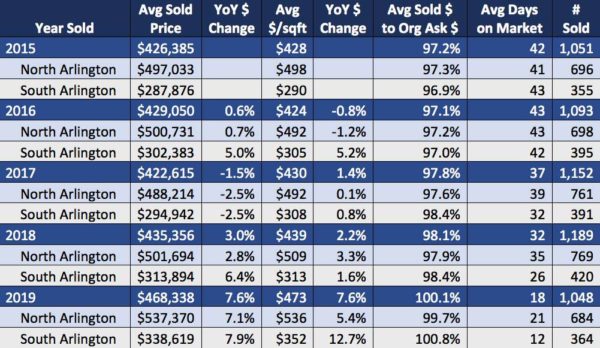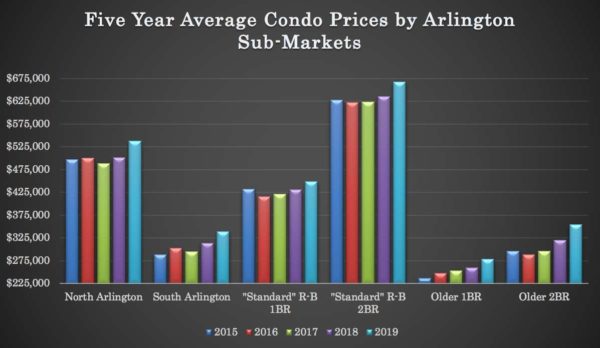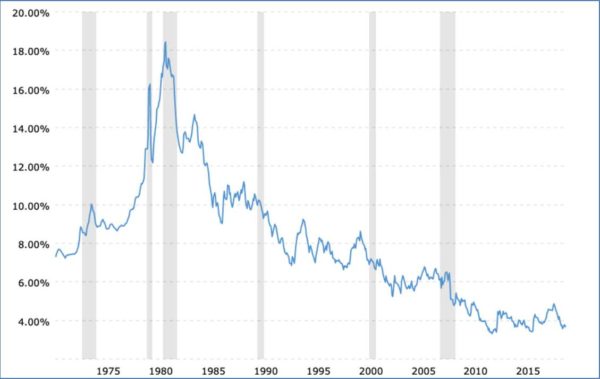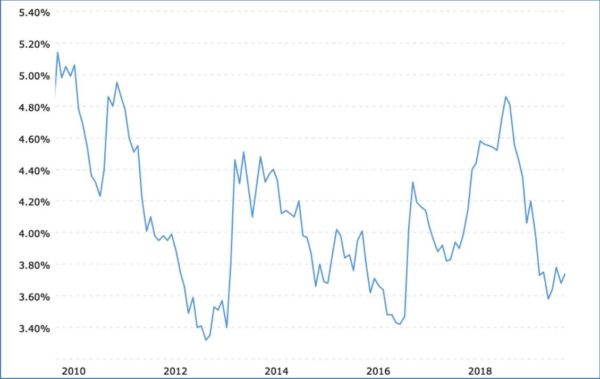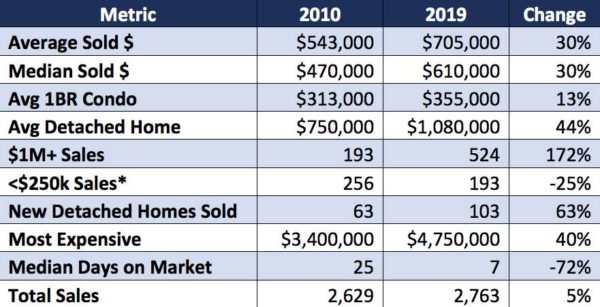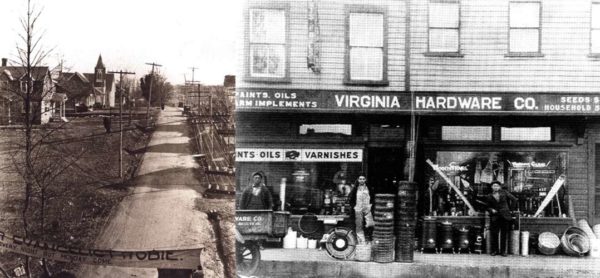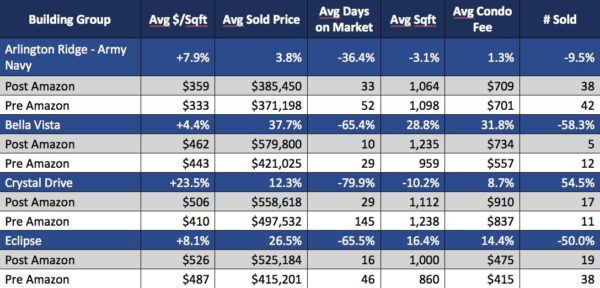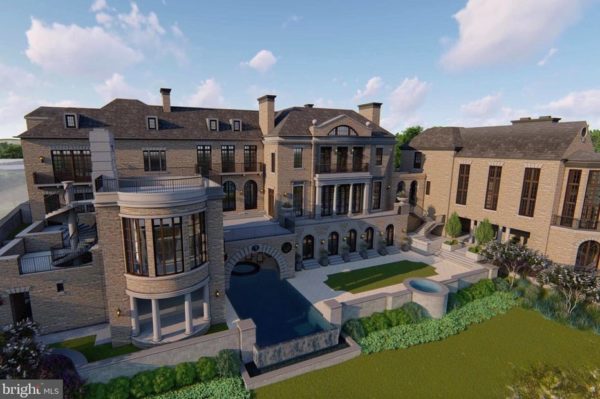This regularly-scheduled sponsored Q&A column is written by Eli Tucker, Arlington-based Realtor and Arlington resident. Please submit your questions to him via email for response in future columns. Enjoy!
Question: How did the Arlington real estate market do in 2019?
Answer: Arlington’s real estate market made the national news cycle more than a few times in 2019 with some pretty extraordinary references to rapid appreciation — some accurate and some not. I’ve seen prices in some pockets of the market surge 15-20% in 2019, but for most of the market, appreciation was strong but not eye-popping.
Overall, the average and median price of a home sold in Arlington in 2019 was $705k and $610k, a 6.3% and 8.9% increase over 2018, respectively. Average days on market dropped by one week and an incredible 61.4% of buyers paid at or above the seller’s original asking price. The number of homes listed for sale in 2019 dropped about 17% compared to 2018 and demand surged, with buyers absorbing about 67% more inventory in 2019 than in 2018.
This week I will dig into how Arlington’s condo market performed in 2019 and next week I’ll do the same for the detached single-family home and townhouse market. I did separate write-ups on the 22202 (Amazon zip code) condo and detached home markets last month.
Arlington Condo Market Performance
First we’ll take a look at some of the key measures for market performance across Arlington and within North and South Arlington. This data excludes age-restricted housing (The Jefferson), Cooperatives (River Place) and townhouse-style condos (Fairlington).
- The condo market seems to have appreciated 7-8% in 2019, after experiencing barely any growth from 2013-2017 and modest growth in 2018
- South Arlington beat out North Arlington in every key category, which makes sense because it’s an easier price point for homeowners and investors who wanted some sort of real estate position in Arlington before Amazon’s hiring picks up
- The average condo buyer in South Arlington paid .8% over the seller’s asking price
Condos in North Arlington sold twice as fast as they did from 2015-2017. In South Arlington they sold more than three times faster than 2015-2016.
Performance of Different Sub-Markets
I took a look at some of the sub-markets that make up large cross-sections of Arlington’s condo market to see how they performed compared to the overall market.
For “standard” 1 BR and 2 BR condos in the Rosslyn-Ballston (R-B) Corridor I specifically looked at condos in buildings constructed during the 2000s condo boom with 650-800 sq. ft. (1 BR) and 950-1,200 sq. ft. (2 BR).
- “Standard” R-B 1 BRs appreciated 4% in 2019
- “Standard” R-B 2 BRs appreciated 5% in 2019
For “older” 1 BR and 2 BR condos, I looked at those constructed in the 1940s-1960s. This category of condos had been slow to appreciate and as of 2018, a lot of owners were still trying to dig out from 2005-2007 prices.
- Older 1 BRs appreciated 7.4% in 2019
- Older 2 BRs appreciated 10.5% in 2019



